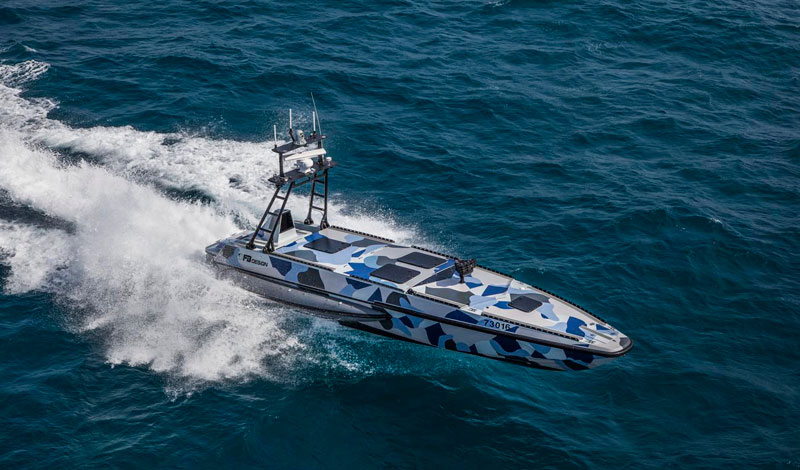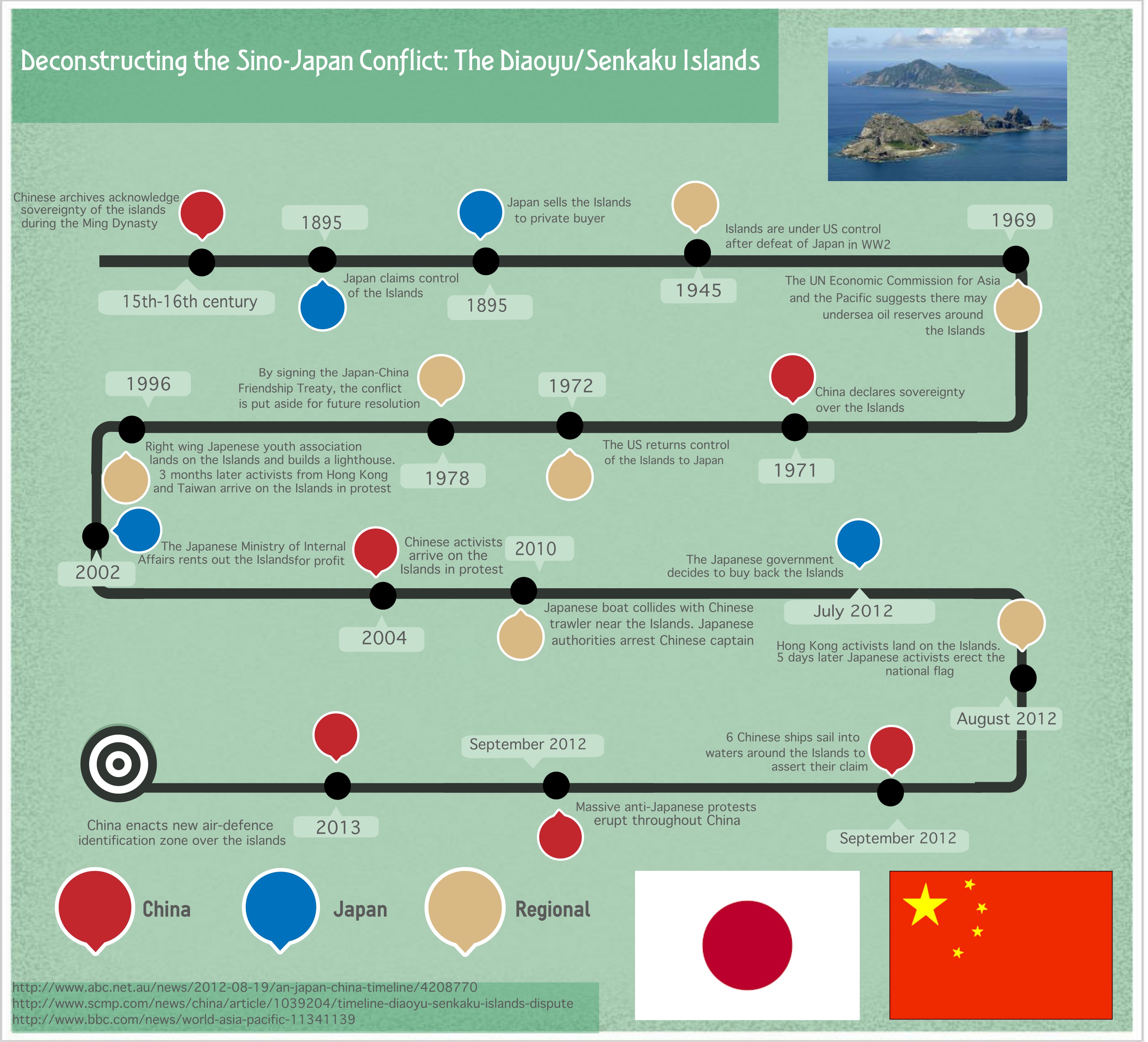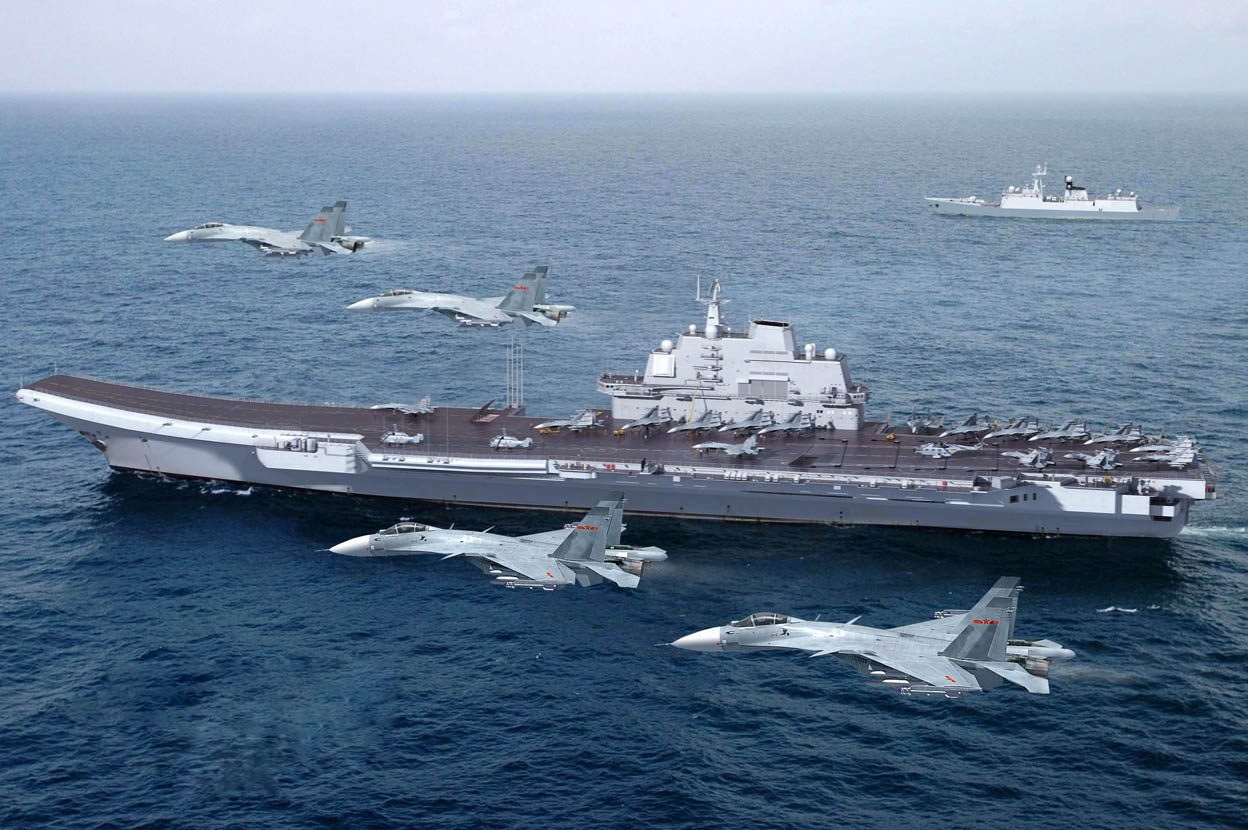Earlier this month the Israel Aerospace Industries (IAI) unveiled their new Unmanned Surface Vessel (USV) combat marine system named “KATANA”. IAI, formerly known as Israel Aircraft Industries, is Israel’s largest industrial exporter and a globally recognized leader for the defense and commercial markets.
“For Israeli purposes, the KATANA will be tasked with providing harbor security, patrolling shallow coastal and territorial waters, surface and electronic warfare, and offshore platform protection.”
The KATANA USV will be used to support a wide range of application for homeland and maritime security, including the protection of exclusive economic zones (EEZs). EEZs are sea zones prescribed by the United Nations Convention on the Law of the Sea over which a state has special rights over the exploration and use of marine resources. Generally, a state’s EEZ extends to a distance of 200 nautical miles (370 km) out from its coastal baseline.
For Israeli purposes, the KATANA will be tasked with providing harbor security, patrolling shallow coastal and territorial waters, surface and electronic warfare, and offshore platform protection. It will accomplish these through its ability to provide early-warning situation pictures, classifying, identifying and tracking targets – including those far away – and eventually intercepting them if required.
In union with unmanned aerial vehicles (UAVs), the KATANA’s dual operational mode will also allow for fully autonomous operation controlled via an advanced command and control station, as well as for a manned combat operational mode.
Clearly, UAVs have had their share of controversy among the public, especially in the United States. As UAVs are often preferred for missions that are too “dull, dirty or dangerous” for manned aircraft, it begs the question of whether IAI’s new invention will lend to this ongoing debate.
As with UAVs, moral debates are sure to ensue over the use of the USVs in general, and the KATANA in specific. If so, two camps will ensue. The first will argue that the asymmetry of fighting humans with machines that are controlled from a safe distance lacks integrity and honour that was once valued during warfare. Others will feel that if such technology is available, then there is a moral duty to employ it in order to save as many lives as possible.
Regardless of your position on unmanned aerial or surface vehicles, these mechanisms are clearly the future of security, and will lead to the security of thousands around the world.




